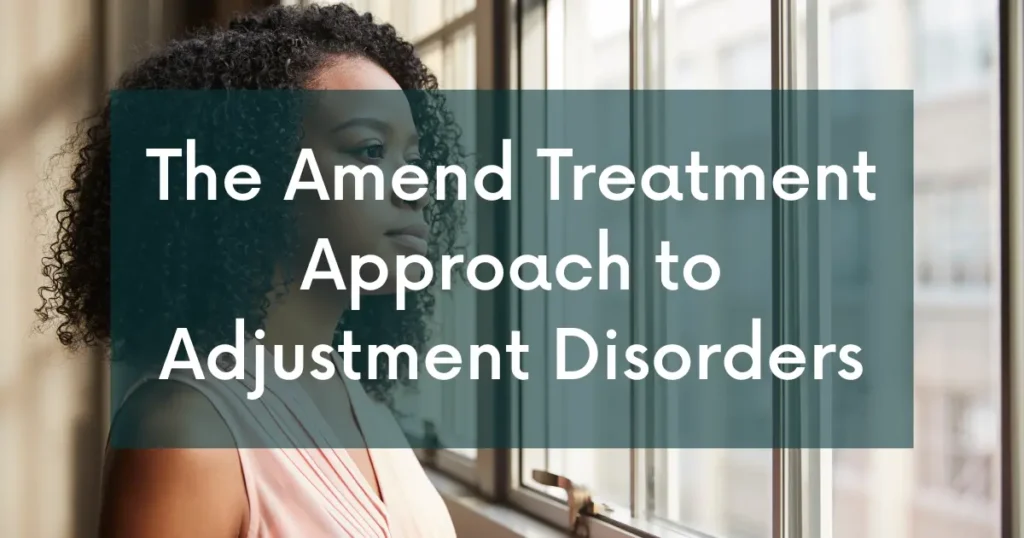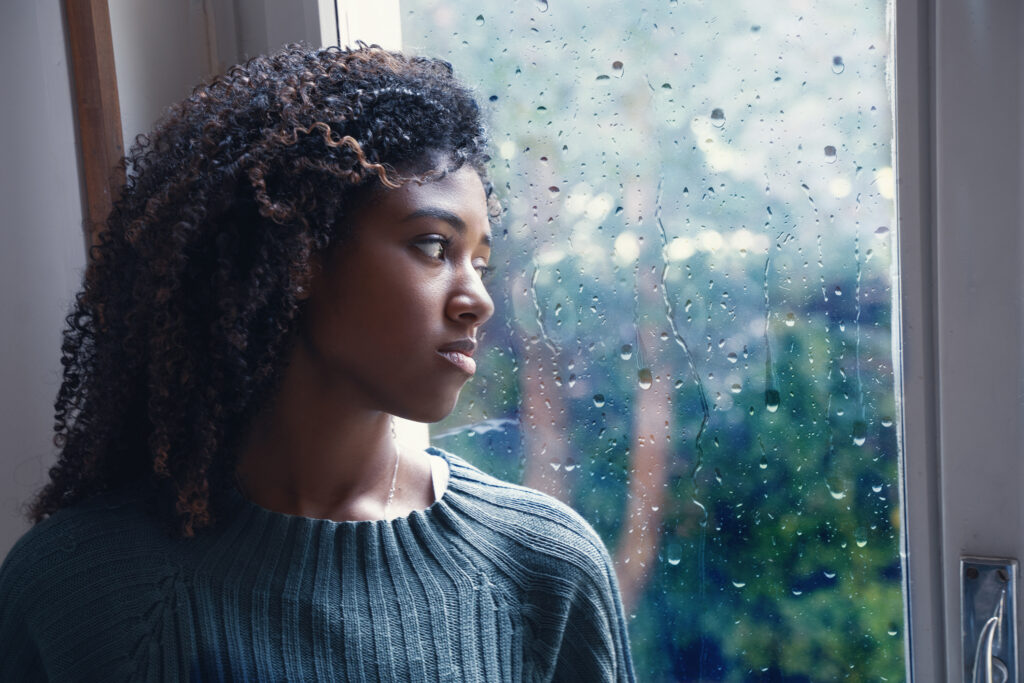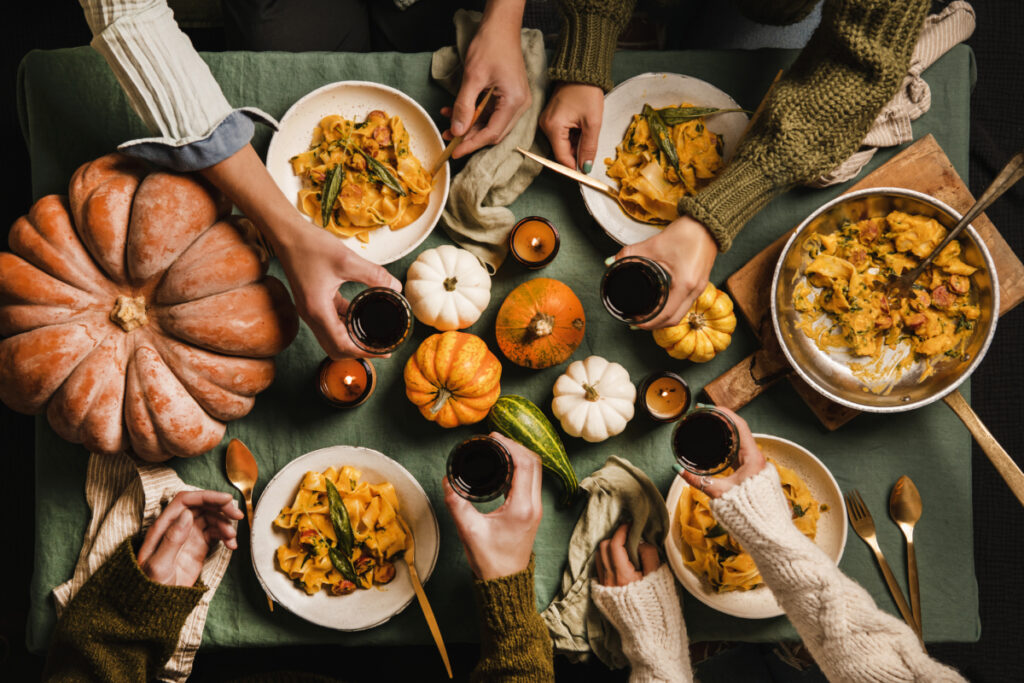Mental Disorders
Dissociation and Safety
Dissociation & Safety: The Overlooked Risk in High-Functioning Women Dissociation is one of the most misunderstood, and most risky symptoms women with trauma and chronic stress experience. It doesn’t always look dramatic. Often, it shows up quietly: zoning out in conversations, losing time during the day, “leaving” your body in conflict, or suddenly realizing…
Read MoreAdjustment Disorders
Understanding Adjustment Disorders What are Adjustment Disorders? An Adjustment Disorder is a psychological response to a significant life stressor or transition. These stressors can be single events such as a divorce, job loss, or relocation or a series of accumulating changes that become too much to manage. According to the American Psychiatric Association’s Diagnostic…
Read MoreHow Are You Coping with Seasonal Affective Disorder?
Some people thrive in winter. But many others do not due to a form of depression clinically know as Seasonal Affective Disorder (SAD), often misrepresented as the “winter blues.” Seasonal affective disorder is a serious and unfortunately common mood disorder characterized by intense, short-term depression that peaks in the winter months, and subsides as the…
Read MoreOvercoming New Year Depression and Sadness
Are you feeling down and depressed after the new year? You’re not alone. Many people struggle with New Year depression and sadness. Typically a new year means new opportunities and new chances for success, right? Well, not always. The new year can be surprisingly depressive, especially if you have the habit of placing unrealistic expectations…
Read MoreDealing with Post Holiday Blues and Depression
Is it normal to feel depressed or experience post holiday blues? According to recent surveys, you wouldn’t be alone if you did. Holiday stress and holiday depression are increasingly common topics of discussion, and statistics show that up to 88 percent of people feel more stressed out than usual over the winter break. But some…
Read MoreGet Help at a Malibu Mental Health Treatment Center this Season
Have you ever considered getting treatment for a mental health disorder? Why not start by seeking help at Amend Treatment, a Malibu Mental Health Treatment Center, this season? The Gift of Mental Health Treatment The holidays are all about family, gratitude, and celebrating the end of the year and the beginning of a new year…
Read MorePracticing Postpartum Depression Self-Care
Postpartum depression is a serious mental health crisis, affecting between 6 and 15 percent of new mothers and disproportionately affecting people with pre-existing mood or anxiety disorders (with about seven times as much risk). Postpartum depression can range from mild to debilitating, leaving new parents feeling anywhere from joyless and exhausted to self-deprecating and even suicidal. However,…
Read MoreDual Diagnosis vs Co-Occurring Disorders: How Do They Compare?
Do you know the difference between dual diagnosis vs co-occurring disorders? While they may seem the same, each is unique in how they play a role in a person diagnosed with one or the other. Defining Dual Diagnosis vs Co-Occurring Disorders A dual diagnosis and a co-occurring disorder are synonymous terms, but the two also…
Read MoreDecrease Social Anxiety for a Happy Thanksgiving
The festivities are just right around the corner, but with the laughter and fun may also come anxiety. Knowing how to decrease social anxiety can help you experience a wonderful season and a happy Thanksgiving holiday. Social Anxiety and the Holidays Family holidays like Thanksgiving are all about observing gratitude and celebrating a familial bond…
Read MoreIdentifying the Different Subtypes of OCD
Obsessive-compulsive disorder (OCD) and the subtypes of OCD are one of the most misunderstood and mischaracterized mental health issues in modern media and public consciousness. However, it is also surprisingly common, with a lifetime prevalence of about 2.3 percent in US adults. OCD is a difficult condition to live with. About half of adults diagnosed with…
Read More








